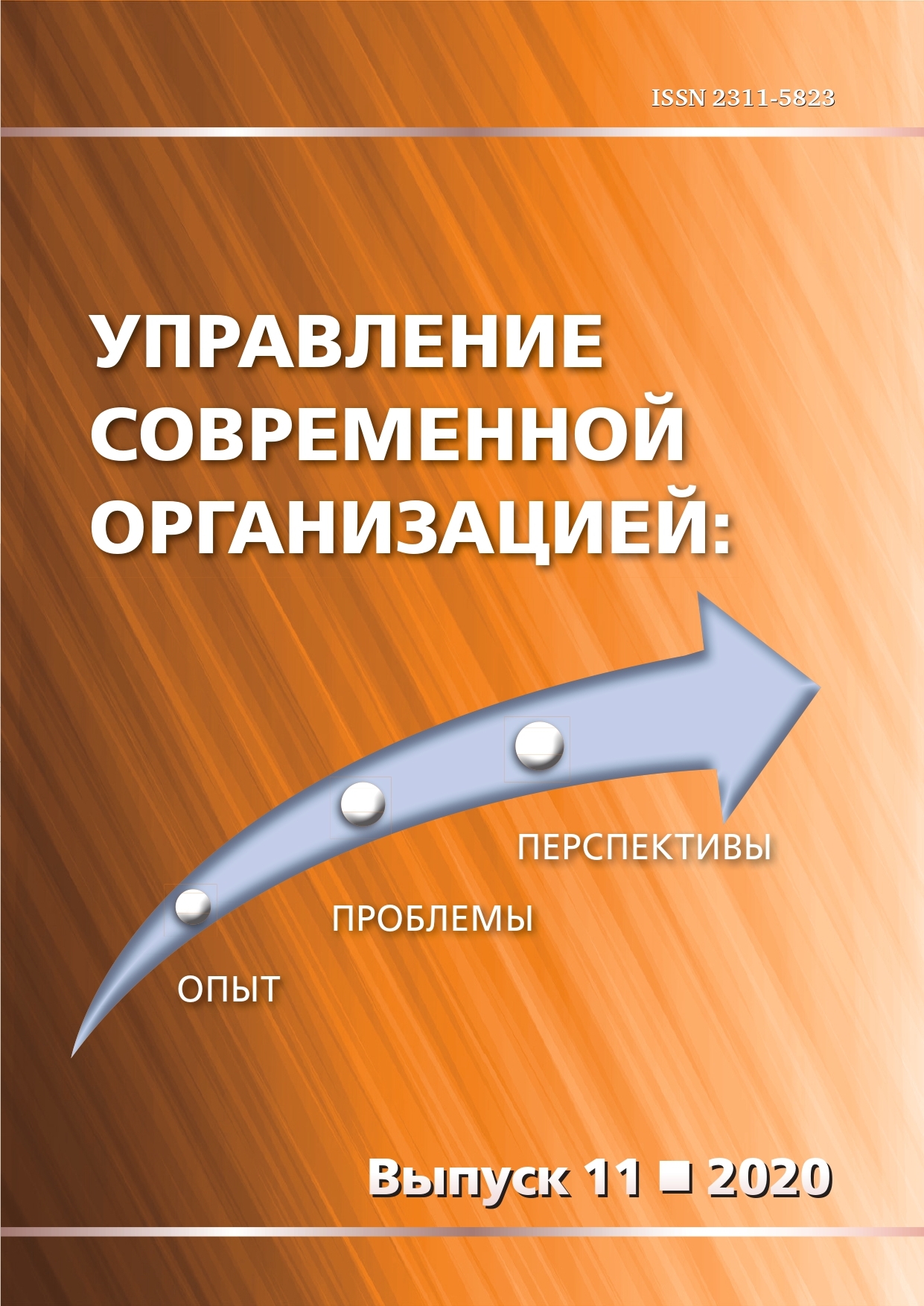ISSUES OF ENSURING ECONOMIC SECURITY OF THE ORGANIZATION JEL: R10, R11, R13, R19 УДК 332.142.4
Main Article Content
Abstract
The turbulence of the current operating environment of the organization changes the traditional views on strategic management and economic security, does not forgive managerial mistakes and does not reduce responsibility for the consequences of the onset of the crisis. The result of making situational decisions with risks for sustainable development in the future often leads to a decrease in economic security, the emergence of a liquidity crisis and subsequent bankruptcy. In this regard, the problem of ensuring the economic security of the socio-economic system by focusing on strategy as a basic tool for preventive crisis management remains relevant. Using the methods of empirical and theoretical research, the authors analyzed the development models of the crisis process in socio-economic systems and proposed factors that form the coordinate system for modeling, forecasting and evaluating the stages of its course. Based on a systematic and comparative analysis, the authors identified probable cost items and changes in their structure according to the stages of the crisis process, proposed a set of recommendations for improving the process of ensuring the economic security of the organization based on the use of strategic and crisis management tools.
Article Details
How to Cite
References
Айвазян З., Кириченко В. (1999). Антикризисное управление: принятие решений на краю пропасти // Менеджмент и маркетинг. № 4. С. 94–103. [Ayvazyan, Z., Kirichenko, V. (1999). Anti-crisis management: decision-making on the edge of the abyss. Management and marketing, No. 4, pp. 94–103. (In Russian)].
Ансофф И. (1989). Стратегическое управление. М.: Экономика, 358 с. [Ansoff, I. (1989). Strategic management. Moscow: Economics, 358 p. (In Russian)].
Бердникова Л. Ф., Груздев Г. В. (2017). К вопросу о функциональных стратегиях системы экономической безопасности предприятия // Азимут научных исследований: экономика и управление. Т. 6. № 4 (21). С. 54–56. [Berdnikova, L. F., Gruzdev, G. V. (2017). On the issue of functional strategies of the economic security system of an enterprise. Azimuth of scientific research: economics and management, T. 6, No. 4 (21), pp. 54–56. (In Russian)].
Градов А. П., Кузин Б. И. (1996). Стратегия и тактика антикризисного управления фирмой. СПб.: Специальная литература. 510с. [Gradov, A. P., Kuzin, B. I. (1996). Strategy and tactics of anti-crisis management of a firm. SPb.: Special literature, 510 p. (In Russian)].
Киселева И. А., Симонович Н. Е., Косенко И. С. (2018). Экономическая безопасность предприятия: особенности, виды и критерии оценки // Вестник ВГУИТ. № 2. С. 415–423. doi:10.20914/2310–1202–2018–2–415–423. [Kiseleva, I. A., Simonovich, N. E., Kosenko, I. S. (2018). Economic security of the enterprise: features, types and evaluation criteria. Bulletin VSUIT, No. 2, рр. 415–423. doi: 10.20914/2310–1202–2018–2–415–423. (In Russian)].
Огастин Н. Р. (2005). Как выбраться из кризиса, который вы пытались предотвратить // Управление в условиях кризиса. М. [Оgаstin N. R. (2005). How to get out of the crisis that you tried to prevent. Management in a crisis. Moscow. (In Russian)].
Fink, S. (2002). Crisis Management: Planning for the Inevitable. N. Y.: American Management Association.
Krystek, U. (1987) Unternehmungskrisen: Beschreibung, Vermeidung und Bewltigung berlebenskritischer Prozesse in Unternehmungen. Wiesbaden.
Muller-Stewens, G. (2001) Strategisches Management: wie strategische Initiativen zum Wandel fuhren. Stuttgart.
Mitroff, I. I., Pauchant, Th. C. (1992) Transforming the Crisis-Prone Organization: Preventing Individual, Organizational, and Environmental Tragedies. San Francisco (CA): Jossey-Bass Publishers, рр 134–140.
